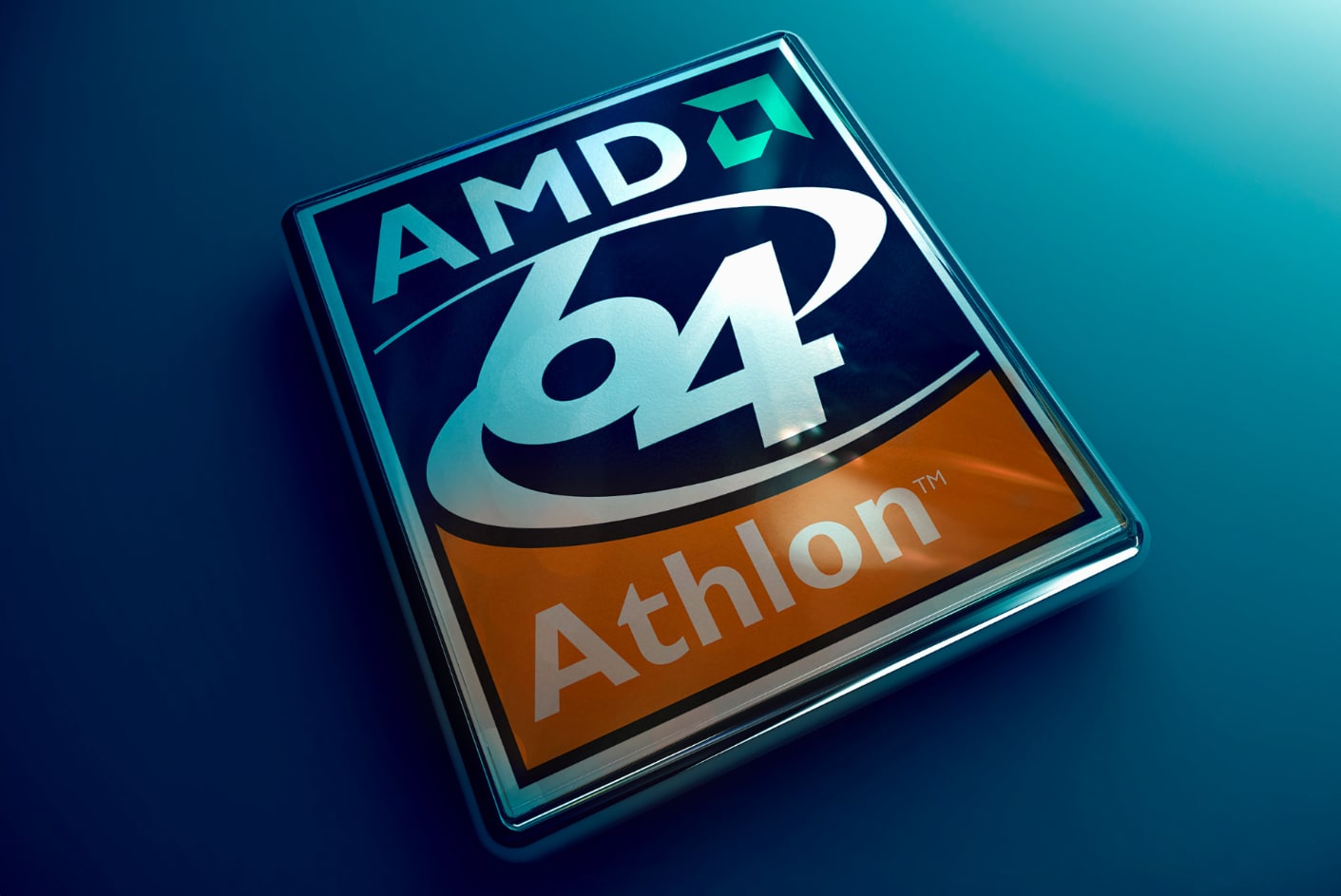You ever try to put a new engine in an old car? There's plenty of bottlenecks.
Same thing applies to PC. If I buy a new PC, I want a new motherboard that is designed to handle it.
Can you give us a few examples of these bottlenecks that you see running, say, a 3rd gen Ryzen on a X470 board?
There's a lot of reviews on this exact topic and performance of the CPU is not inhibited in any way with Ryzen 3xxx on an older board.
http://www.overclock3d.net/reviews/..._7_3700x_ryzen_9_3900x_x470_vs_x570_review/23
I think perhaps you have just become used to "it will bottleneck" as the "reasoning" why Intel doesn't allow this choice with its customers.
Consider that Intel has for decades produced their own chipsets and if they can guarantee a new mobo sale with every new CPU sale, they increase their revenue.
Its not that a company can't properly support a socket across multiple generations, AMD did with AM4: bulldozer APUs, Ryzen, Ryzen+, Ryzen 3xxx and Ryzen 4xxx, and even Athlon.
So are we to believe that Intel, being the bigger company
can't do this without inducing crippling bottlnecks? Is that too hard for them?
Or is it more reasonable to believe that they force you into their model to pull more money from you? Which explanation is more reasonable to believe?
Intel has
always shown they are all about doing whatever it takes (even if illegal) to make
more money ... so I'm pretty sure that shoe fits as to the real reasoning why Intel wants you to buy a new mobo with every single CPU.
They could care less about your view on "bottlenecks". They just want your money
But then again you said "
Just want a motherboard designed to handle it ...", well AM4 was purposefully designed to handle multiple generations from its inception ... Intel isn't capable of this?
Either incompetence and lack of ability to do what AMD has done, or they just want to gouge more money from their customers ... take a pick. It
has to be one of those two, or at least some combo of the two.
